‘It would be a ghost town’: The 10-year coal plan enraging Hunter Valley residents
Hunter Valley families and businesses are speaking out about the effects of a transition from coal to renewable energy, which they say will be devastate mining towns, cause mass job losses and have a disastrous flow on effect for the local economy.
A transition away from coal mining would be disastrous for the Sharp family.
Husband and wife team Sarah-Jane and Dane from Bonnell’s Bay both work for Centennial Coal. They derive their entire income from mining to support their family of five with three children Aleksandar, 7, Olivia-Skye, 6, and Elowyn, 3.
“It would be devastating for us because everything we have is because of mining,” said Mr Sharp.
“We’ve got a mortgage, three kids, it pays the car, the house.”
It comes as a NSW parliamentary inquiry, led by Sydney independent MP Alex Greenwich, looks to investigate energy supply and exports in NSW to explore renewable energy options.
Mr Greenwich has called for a 10-year transition plan and adjustment strategy for coal mining communities.
Sarah-Jane, who works in the Fassifern regional office as a property administrator, said mining allows her to be able to work part time.
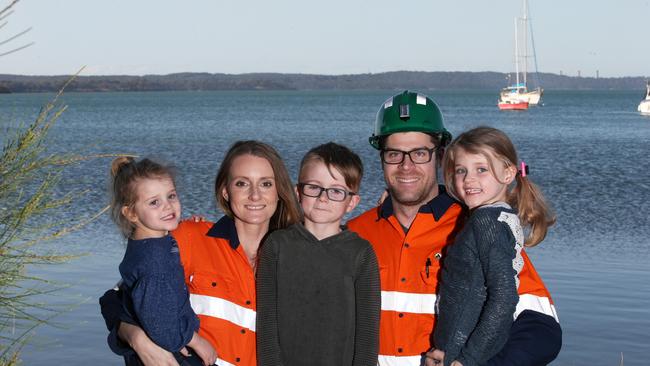
“I’m able to work part time because the industry does pay well, so going back full time would be something that wouldn’t work for our family,” she said.
“We are a typical suburban family with three kids, two are in school and one will be off to school soon.
“We have a mortgage, we’ve got sports to pay for.”
The thought of transitioning into renewable energy is not an option for the Sharp family.
Mr Sharp has been a mine surveyor at Mandalong for ten years, which has consent to continue mining operations until 2040.
He’s completing a university degree to become a registered mine surveyor and knows his skills won’t be transferable into the renewable energy industry.
“I’d have to go through more university, sit more exams,” he said.
“I think it would be roughly 30 per cent less wage with renewables and that’s a pretty big impact for people who are paying a mortgage and that would be devastating for anyone.
“I would have to move if coal mining stopped. Have to take the kids out of school, moving away from nan and pa, moving away from family.”
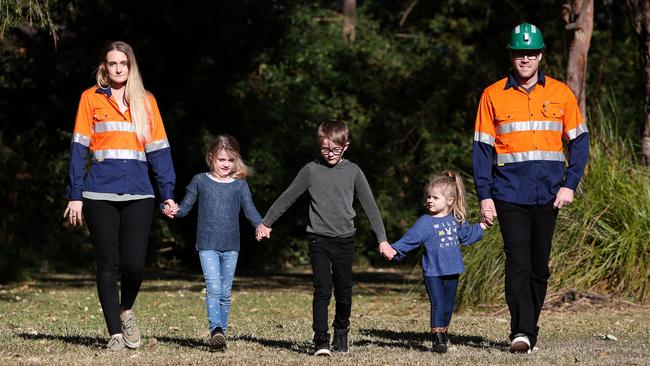
The Sharp family believe Morisset and the Lake Macquarie community would take a big hit if mines weren’t operating there.
“Centennial Coal is very involved with the community and they sponsor local sports clubs and schools, and in the industrial estate there are a lot of cafes and bakeries that run off of the miners,” explained Ms Sharp.
“Even businesses that aren’t mine specific, they still have a lot of business with mine contracting. It would have a huge impact here but especially bad for areas like Muswellbrook and Singleton.”
NSW Mining’s recent economic expenditure survey found there were 14,045 direct jobs in the Hunter and Newcastle, with 61,707 total direct, indirect and induced employees which rely on mining.
It also revealed from the 28 participating mining companies, $4.3 billion was directly injected into the Hunter economy in 2017/18, which is 18 per cent of the regions gross regional product.
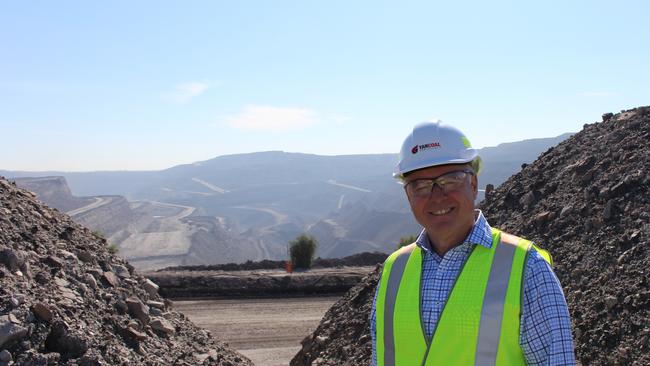
Federal Hunter MP Joel Fitzgibbon can’t fathom the proposal by Mr Greenwich, labelling it ‘crazy’.
“It would lead to the loss of around 12,000 direct jobs and up to 70,000 indirect jobs across the Hunter Valley,” said Mr Fitzgibbon.
“I’m sure it would be very good for his vote in trendy inner-Sydney but his political gain would mean economic pain for tens of thousands of Hunter families and businesses.
“Alex Greenwich should remember that when his constituents turn on their lights and take a cold Chardonnay out of the fridge, they can thank those in the Hunter who mine our thermal coal.”
Hunter Valley businesses are fearing the worst, with many adamant a transition away from coal would be catastrophic.
Geoffrey Bowditch from Bowditch Earthmoving in Muswellbrook has been operating since 1989 and 95 per cent of his business relies on mining.
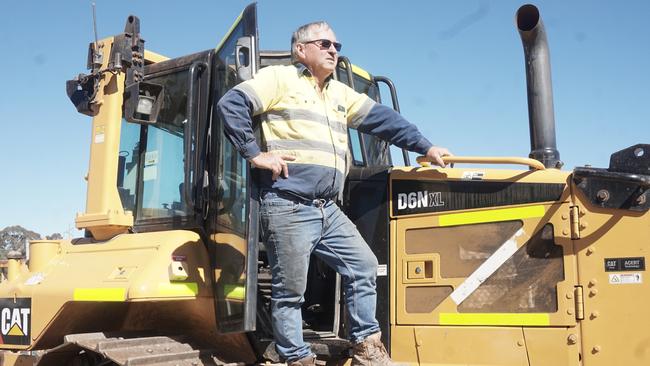
The thought of life without coal has angered the Muswellbrook local, who believes it would result in destruction of the town and a number of businesses.
“I’m passionate about Muswellbrook and the local town. Muswellbrook would be a ghost town and there would be no jobs, it would be all over,” said Mr Bowditch.
“Not only would it be my business that would close down, my brother next door as well, because 90 per cent of his work comes from the mining industry.
“I started in the mining industry in 76’, I’ve been here ever since so I don’t know anything else.”
First hand, Mr Bowditch saw the effect of a mining downturn and is only just recovering now.
“I’ve seen the ups and downs of the mining industry, first hand it caught me savagely in 2013, we lost a premises and now we’ve just purchased it back, so thankfully mining is on the way up again so we’re back,” he said.
“NSW is in the black because of the coal industry and the power generation in the Hunter Valley.”
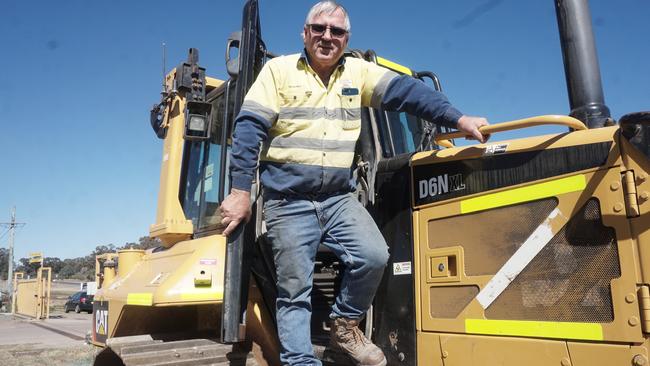
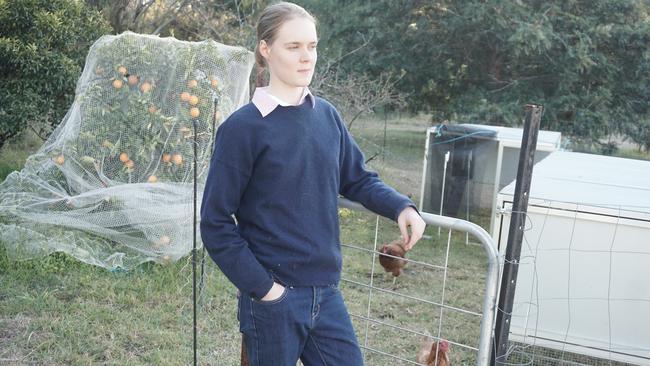
But while the thought of transitioning into renewables is being seen as a chaotic move by some, others are excited by the changes being proposed.
Hunter Renewal member Sophie Nichols, who lives on 100 acres at Lower Belford, said advancements in renewable energy are already happening and a transition is vital going forward.
“Coal mining companies are already starting to use renewables, via solar power,” said Ms Nichols.
“I have lived in Singleton my whole life and a majority of my friends work in the coal mines so it’s just a natural transition that we’re going towards.
“We want to see the transition happen within the 10 years and further along.”
The University of Newcastle student said coal can be replaced by new innovations, new jobs can be created and exports can be sought in other areas.
“A slow transition, we support the German model and they didn’t lose one job after transitioning away from coal. They started that in 2007 and now they’ve almost completely transitioned out of coal,” said Ms Nichols.
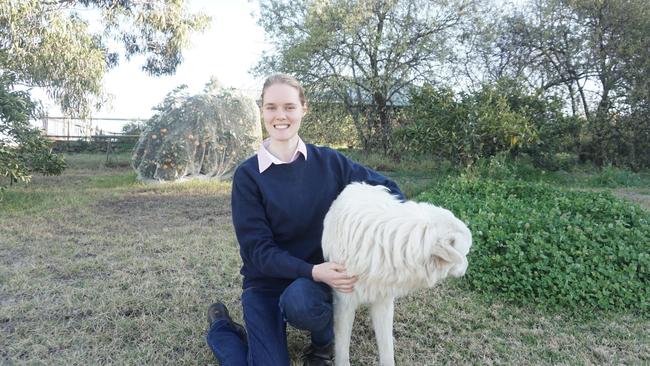
“In the Hunter we could become a world expert on regenerative mining, renewables, mining rehabilitation and skilling in other areas that are coming on to the market.
“Our reliance on China is something that is fearful so I think we over emphasise the need of export and we could perhaps export intellectual properties with renewables.
“A lot of coal miners could go into the equine industry because they are expanding.
“There will be fear of a downturn because of a transition away from coal but if we can start this process now, because coal will not last forever.”
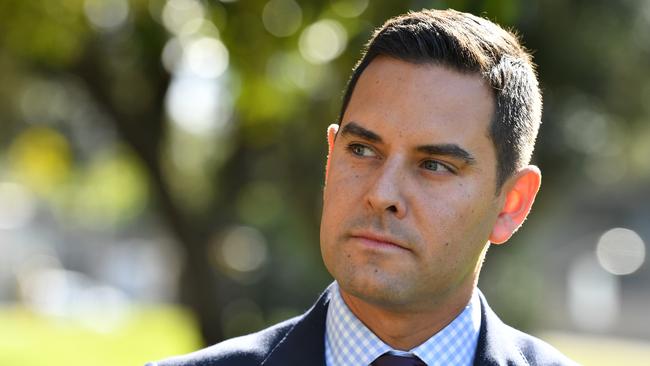
THE INQUIRY
The NSW parliamentary inquiry is investigating the sustainability of energy supply and resources in NSW and what opportunities there are for renewable energy.
It will cover trends in energy supply and exports, including investment and other financial arrangements, and effects on regional communities, water security, the environment and public health.
Heading the inquiry, Mr Greenwich said: “The inquiry is about establishing economic resilience in communities that rely on coal by planning for the creation of new jobs and investment that will future proof local economies vulnerable to change in coal exports and demand.”
The committee will hear from experts and communities before recommendations are made. Submissions can be made until 15 September.
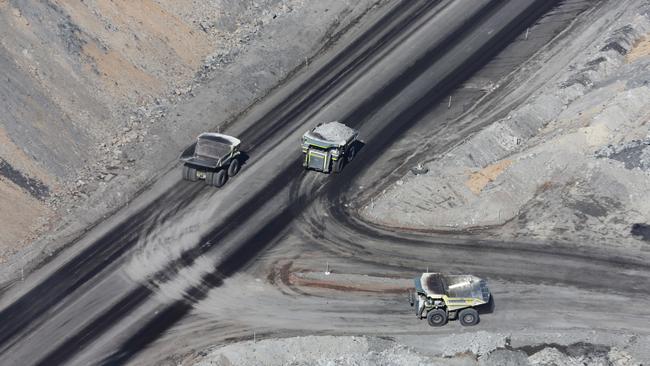
Lock The Gate have backed the inquiry, an alliance spokesperson adding, “it seems focused on finding ways to support coal communities who are under threat from declining global coal markets, like the Hunter, to get started creating thousands of new jobs over the long-term in manufacturing, agriculture and renewable hydrogen exports."
CEO of the NSW Minerals Council, Stephen Galilee hopes the committee will take an objective view.
“Previous calls for such a transition have been used to try to disrupt the supply of coal from NSW rather than respond to any fall in demand,” he said.
"NSW coal exports are at record levels and demand in South East Asia where most of our major trading partners are located is forecast to more than double by 2040.
"There's significant opportunity for NSW to continue to produce our high quality coal to countries across the region for decades, helping then generate electricity with lower emissions than coal from elsewhere, while supporting jobs and the economy here in NSW.
"This point was reinforced as recently as this week by the Indian High Commissioner who said: ‘Coal will be needed by us in any case. And if this was not available we would have to import from Indonesia or Mozambique’.
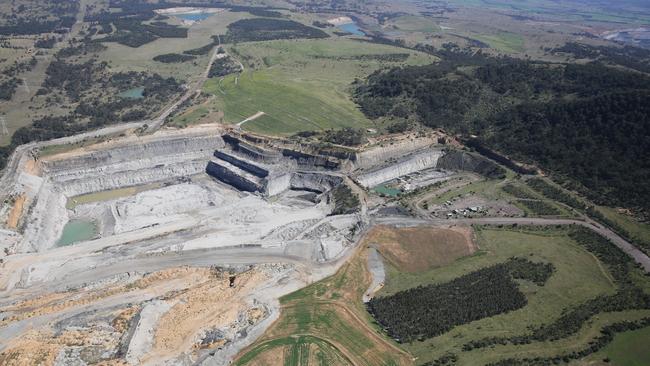
BUSINESS
David Komacha is a fourth generation mine industry worker.
Director of DK Heavy Plant Services in Muswellbrook, 95 per cent of his business is funded by the mines. He employs 120 people to conduct on-site labour support and off-site repair and maintenance.
He said a lot of people across the Hunter Valley have invested their careers in mining and without mines, it would present a dire outlook for a lot of families and local businesses.
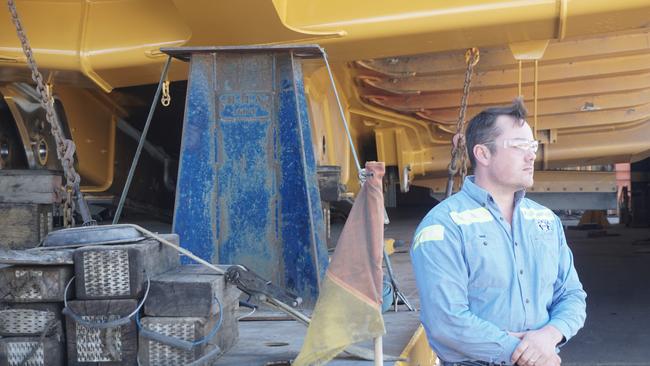
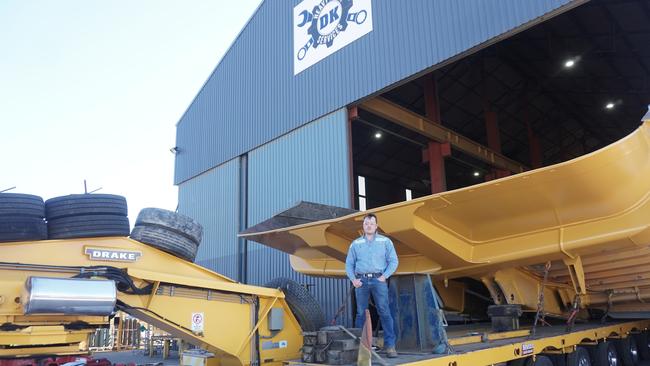
“We’re not talking one or even two generations of miners, we’re talking five generations here in this town, so to phase it out in five years to ten years’ time would be horrendous,” said Mr Komacha.
“People would be unemployed, made redundant and would have to look for work elsewhere.
“We’ve got quite a lot of couples that work at this company so it’s not just one person bringing in the income from mining.”
Mr Komacha said mines in the Hunter Valley are doing their bit to give back to the community and working towards environmental offsets.
“A lot of these mines locally have put in a lot of time and effort and money back in the rehab side and putting a lot back into the community.”
Lorraine Skinner, from Melaine’s Jewellers in Muswellbrook and Scone said the flow on affect to other businesses not directly related to mining would also suffer from a transition.
“The hospitality, the motels are always full with contractors coming to work which is providing extra work for people in the hospitality industry,” said Mr Skinner.
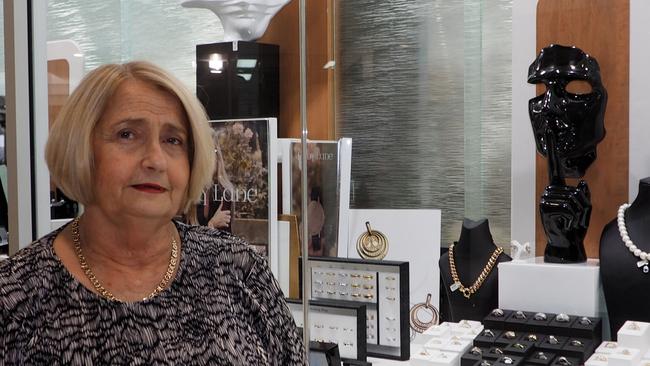
“We would lose a huge amount of population which would then impact on the schools and the hospitals and all other associated businesses.”
She added, mining is an integral part of the Hunter Valley community and without it there would be a big void.
“They provide a lot of funds for infrastructure in the towns, they are great support for sporting groups and other organisations, which wouldn’t get the funding if it weren’t for the mines,” explained Ms Skinner.
“Renewable energy certainly won’t create the number of jobs that are in mining. It is an alternative and something that has to be considered but you just can’t cut it off.
“Maybe all those people in Sydney could turn off all those lights that have been left on in the city overnight and that might go a way to cutting down greenhouse gases.”
ECONOMY
According to NSW budget papers for 2019/2020, $25.3 billion is the value of all mining and mineral exports in NSW (excluding Aluminium), with $10.7 billion of direct spending in NSW coming from NSW mines.
It’s estimated $4.3 billion was directly injected into the Hunter economy in 2017/18, 18 per cent of the gross regional product for the region. That included $1.6 billion in wages for over 14 thousand full time employees and $2.6 billion purchases from over 4 thousand local businesses.
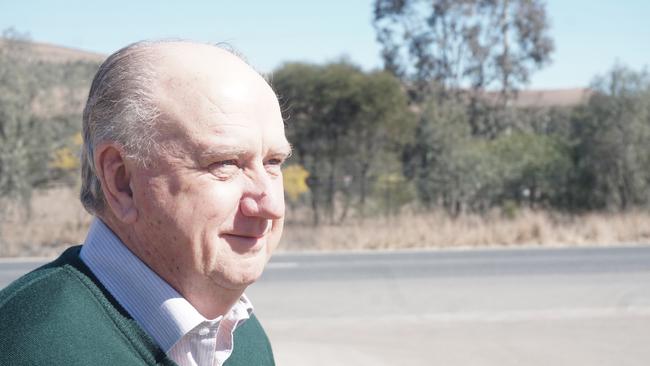
Muswellbrook’s Chamber of Commerce and Industry President, Mike Kelly said a transition in ten years is totally unrealistic and can’t be done.
“Muswellbrook would go from being a population of 16 thousand people to about four or five thousand,” he said.
“There would be that many people displaced, the jobs would disappear and it’s not only the direct jobs, it’s the indirect jobs.
“If there’s a transition that happens over the next three or four or five decades, then plans can be made around that.”
Mr Kelly, who is also the owner of a local business that supplies to the mines, believes a plan for transition not only has to be environmentally viable but economically viable.
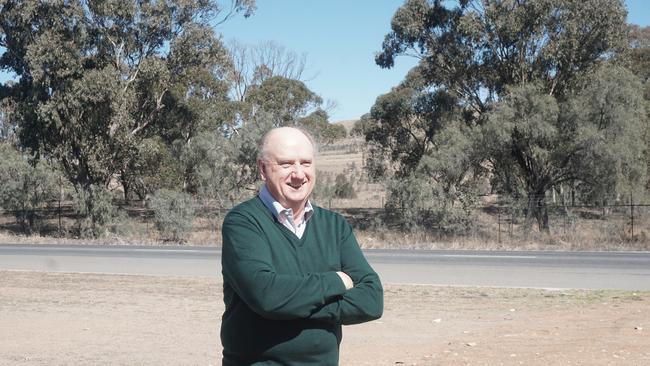
“Some of the businesses, 90 per cent are reliant on the mining industry so if that business disappears and there’s nothing else to replace it, then probably all of those people will be out of a job and the business is going to close down because it doesn’t have anything else to sustain it,” Mr Kelly added.
“The industry and a lot of the businesses connected with it are very open to alternatives but the alternatives aren’t there in the scale that would employ anywhere near the number that are employed now. That’s an economic reality.”
Mr Kelly has invited Mr Greenwich to come and talk to miners and businesses who would be affected in the Hunter Valley. Mr Greenwich accepted and confirmed he will make a vision to the region soon.
WELCOME TO THE NEWCASTLE NEWS
NewsLocal has launched the The Newcastle News — a new community website that will deliver hyperlocal news for the Newcastle and the Hunter region — from Port Stephens in the north, Lake Macquarie in the south and throughout the beautiful Hunter Valley region.
Readers can connect on Facebook, Instagram, Twitter and email: thenewcastlenews@news.com.au
The Newcastle News will update readers daily at www.thenewcastlenews.com.au.


